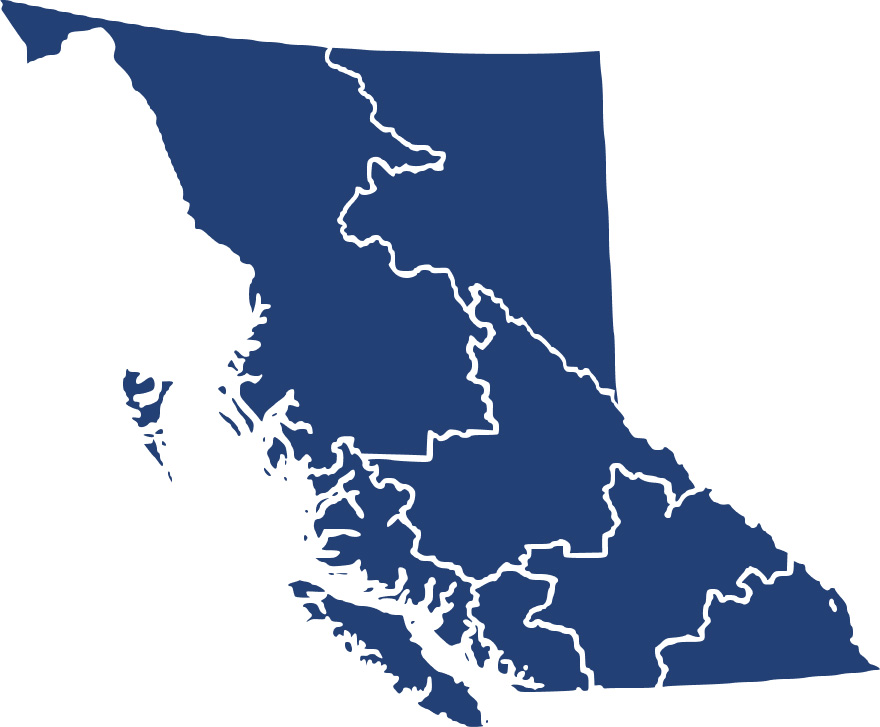Career Overview
This group includes anthropologists, archaeologists, geographers, historians, linguists, political scientists, sociologists and other professional occupations in social science not elsewhere classified.
People in this occupation:
- Work in universities and throughout the public and private sectors
Duties
The following is a summary of main duties for some occupations in this group:
Anthropologists:
- Do studies of the origin, development and functioning of human societies and cultures and of human evolution, changing physical characteristics and geographical distribution
Archaeologists:
- Study artifacts (objects and structures) to reconstruct past economic, social, political and intellectual life
Geographers:
- Study and analyze the spatial distribution and interrelationship of physical, biological, cultural and social patterns
Historians:
- Do research into one or more phases or aspects of past human activity and interpret and document findings
Linguists:
- Study the origin, structure and development of languages and apply linguistic theory to problems in teaching, translation and communications
Political scientists:
- Do research into the theory, origin, development, interrelationships and functioning of political institutions, political movements and individual political behaviour
Psychometricians:
- Develop psychological tests, scales and measures
- May give and interpret such tests, scales and measures
- Give and score psychological tests, usually under the supervision of a registered psychologist
Sociologists:
- Study the development, structure, social patterns and relationships within human society
Special duties
Specialization usually exists within each of these occupations. Other social science professionals included in this group specialize in particular areas of social sciences and humanities disciplines. These include:
- Criminologists (specialists in the study of crime and criminals)
- Gerontologists (specialists in the phenomena and problems of aging)
- Graphoanalysts (specialists in handwriting analysis)
Earnings
Earnings is income that workers receive in exchange for their labour. Depending on the type of employment, earnings can be in the form of wages (hourly), salaries (fixed monthly or annual) or self-employed earnings.
Work Environment
# Workers Employed
1,185% Employed Full Time
65%Key aspects of the work in this occupation:
- Work takes place in a conventional indoor office setting
- Workers may be exposed to various outdoor weather conditions
- Workers be exposed to dust and sand in the workplace
Career Pathways
Specialization within each occupation occurs through specialized university study or through experience.
Related Careers
Occupational Interests
It’s important to understand what kinds of occupations align with your interests.
For more about occupational interests visit Skills for the Future Workforce > Characteristics.
Here are the top occupational interest(s) for this career profile:
Job Titles
Education, Training and Skills
A master's or doctoral degree in the discipline is usually required.
Education programs in B.C.
The following program areas are related to this occupation:
- Anthropology
- Geography (Arts)
- History
- Linguistics Related (Arts)
- Philosophy
- Political Science/Studies
- Sociology
- Linguistics (Science)
- Gerontology

Skills
Every job calls for a certain set of skills. Knowing those skills is the first step in finding a good career fit.
Here, you will find the 10 most relevant workplace skills. Some are more important to achieving success in a certain career than others. These skills may come naturally to you or you may need to gain them through education, training and experience.
See the list of work-related skills below, ranked in order of importance for this career. Check out the list and see if this career matches your skills—take that first step!
Understanding written sentences and paragraphs in work-related documents.
Communicating effectively in writing as appropriate for the needs of the audience.
Giving full attention to what other people are saying, taking time to understand the points being made, asking questions as appropriate, and not interrupting at inappropriate times.
Using logic and reasoning to identify the strengths and weaknesses of alternative solutions, conclusions or approaches to problems.
Talking to others to share information effectively.
Understanding how new information could be used to solve current and future problems in making decisions.
Being able to solve novel, ill-defined problems in complex, real-world settings.
Considering the relative costs and benefits of potential actions to choose the most appropriate one.
Being aware of others’ reactions and understanding why they react as they do.
Teaching others how to do something.
Labour Market Statistics
Discover data, facts and information that have been gathered and analyzed. Learn about the characteristics of the economy and labour market in B.C.
Employment
Find out about employment types and trends by region and industry.
Employment
1,185Employment by Region















| Region | Employment | % Employment of this Occupation |
|---|---|---|
| Cariboo | 45 | 3.8% |
| Kootenay | 20 | 1.7% |
| Mainland/Southwest | 645 | 54.2% |
| North Coast and Nechako | 60 | 5.0% |
| Northeast | 35 | 2.9% |
| Thompson-Okanagan | 95 | 8.0% |
| Vancouver Island/Coast | 290 | 24.4% |
Labour Market Outlook
The B.C. Labour Market Outlook is a 10-year forecast of the expected supply and demand for labour in the province. It’s usually updated every year. The purpose is to provide British Columbians with the knowledge to make informed decisions on careers, skills training, education and hiring.
Forecasted Job Openings (2023-2033)
400Forecasted Job Openings
Forecasted Employment Growth Rate
Composition of Job Openings
Job Openings by Region (2023-2033)















| Region | Job Openings | Avg. Annual Employment Growth |
|---|---|---|
| Cariboo | 10 | -0.2% |
| Kootenay | Not available | Not available |
| Mainland/Southwest | 220 | 1.2% |
| North Coast and Nechako | 0 | -0.5% |
| Northeast | 10 | 1.5% |
| Thompson-Okanagan | 50 | 1.5% |
| Vancouver Island/Coast | 120 | 1.1% |
Industry Highlights
Learn about the opportunities in B.C.'s major industries, including employment trends, earning potential, locations of work and more.
Forecasted Job Openings by Industry
| Industry | Job Openings (2023-2033) |
|---|---|
| Professional, Scientific And Technical Services | 180 |
| Public Administration | 90 |
| Health Care And Social Assistance | 60 |
| Information, Culture And Recreation | 30 |
| Educational Services | 20 |
Resources
Resource information is currently not available.








